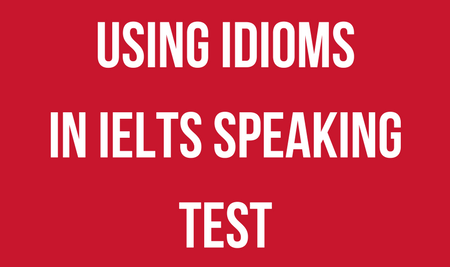PTE Speaking
Many people opt for the PTE exam instead of IELTS because they want to avoid a one on one spoken interaction that is a necessary component of IELTS. Most people find the idea quite fearful and feel more comfortable attempting the PTE Speaking module, as you just have to record your answers in the system …


